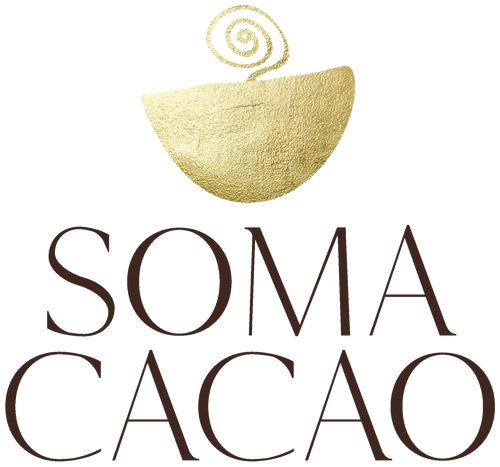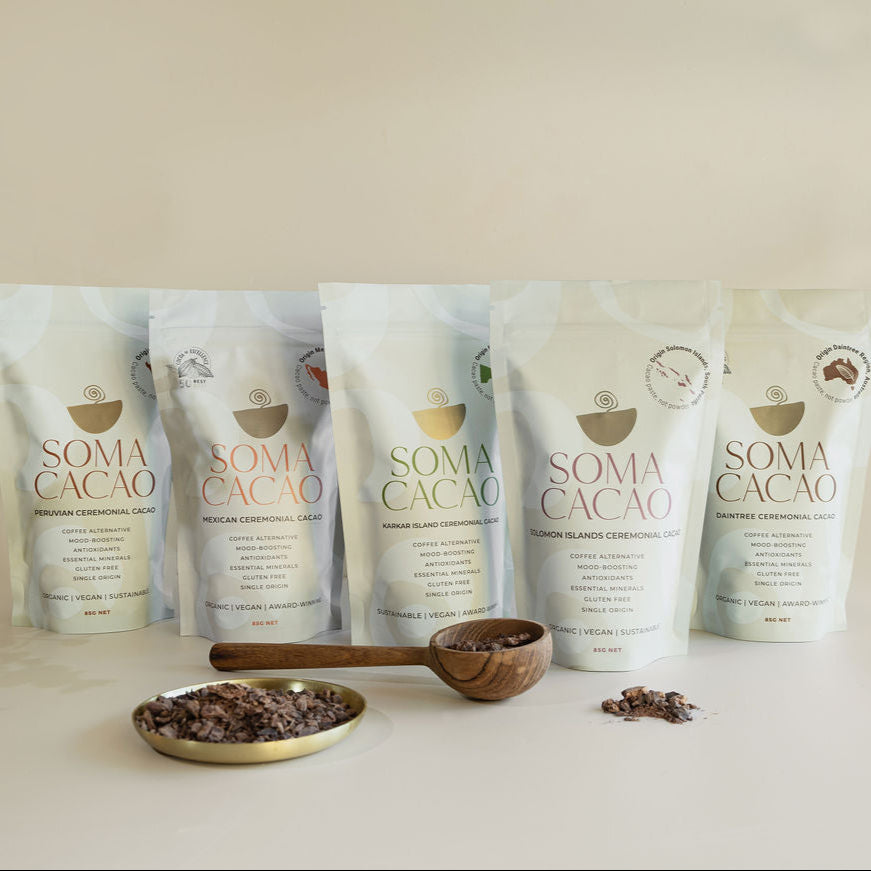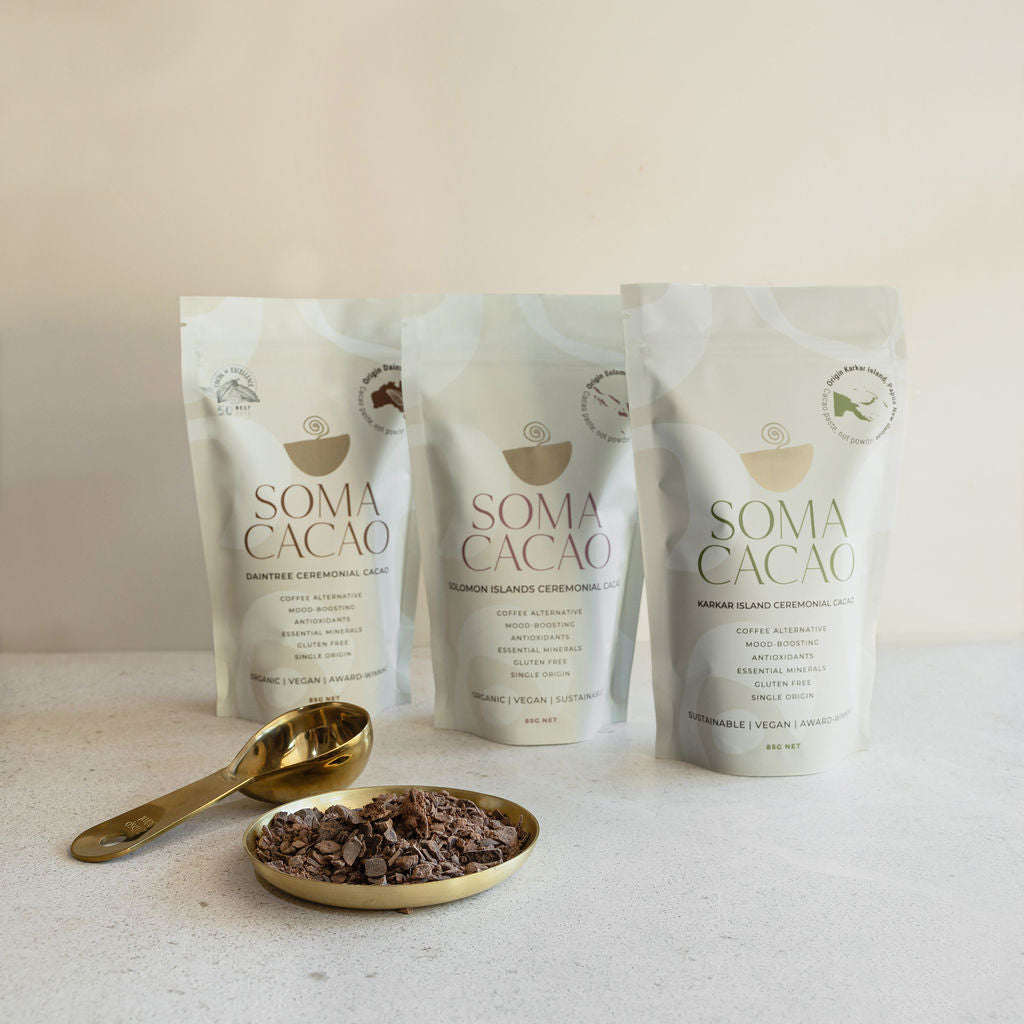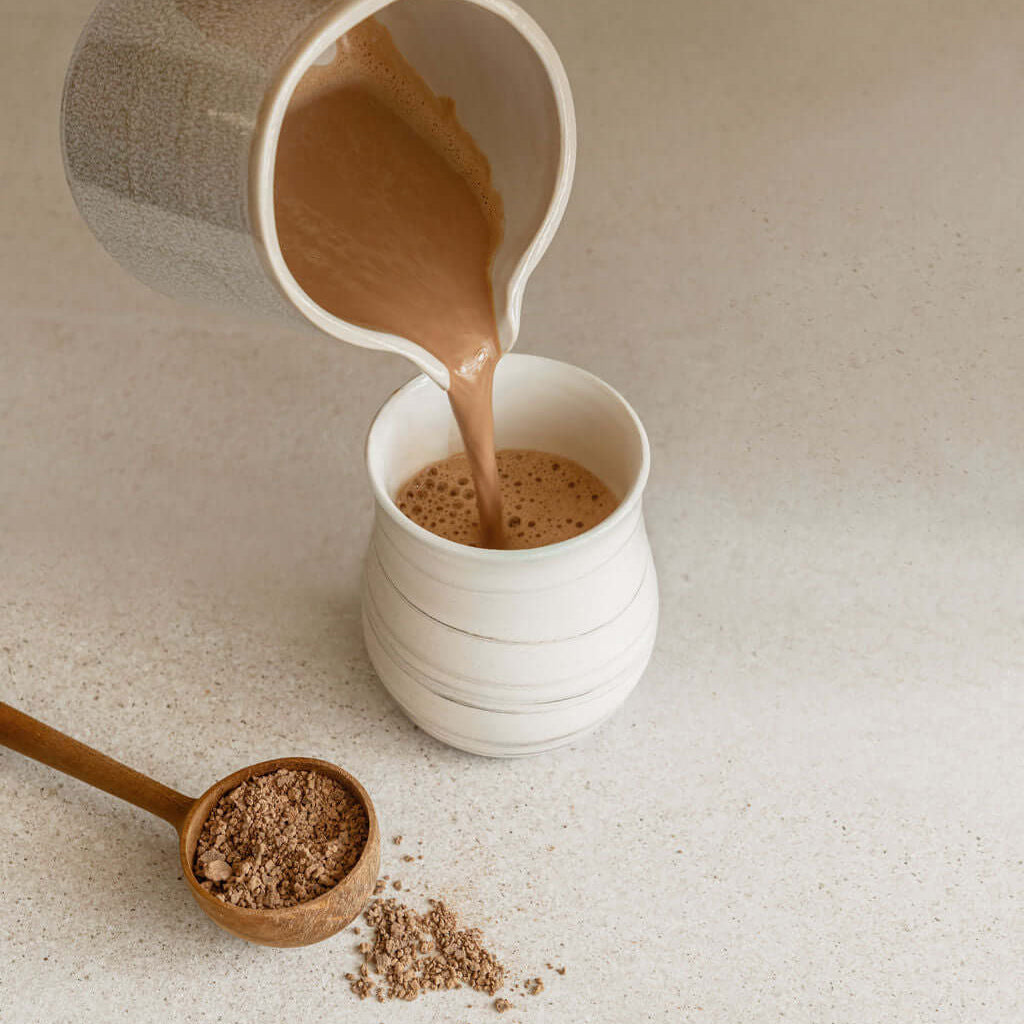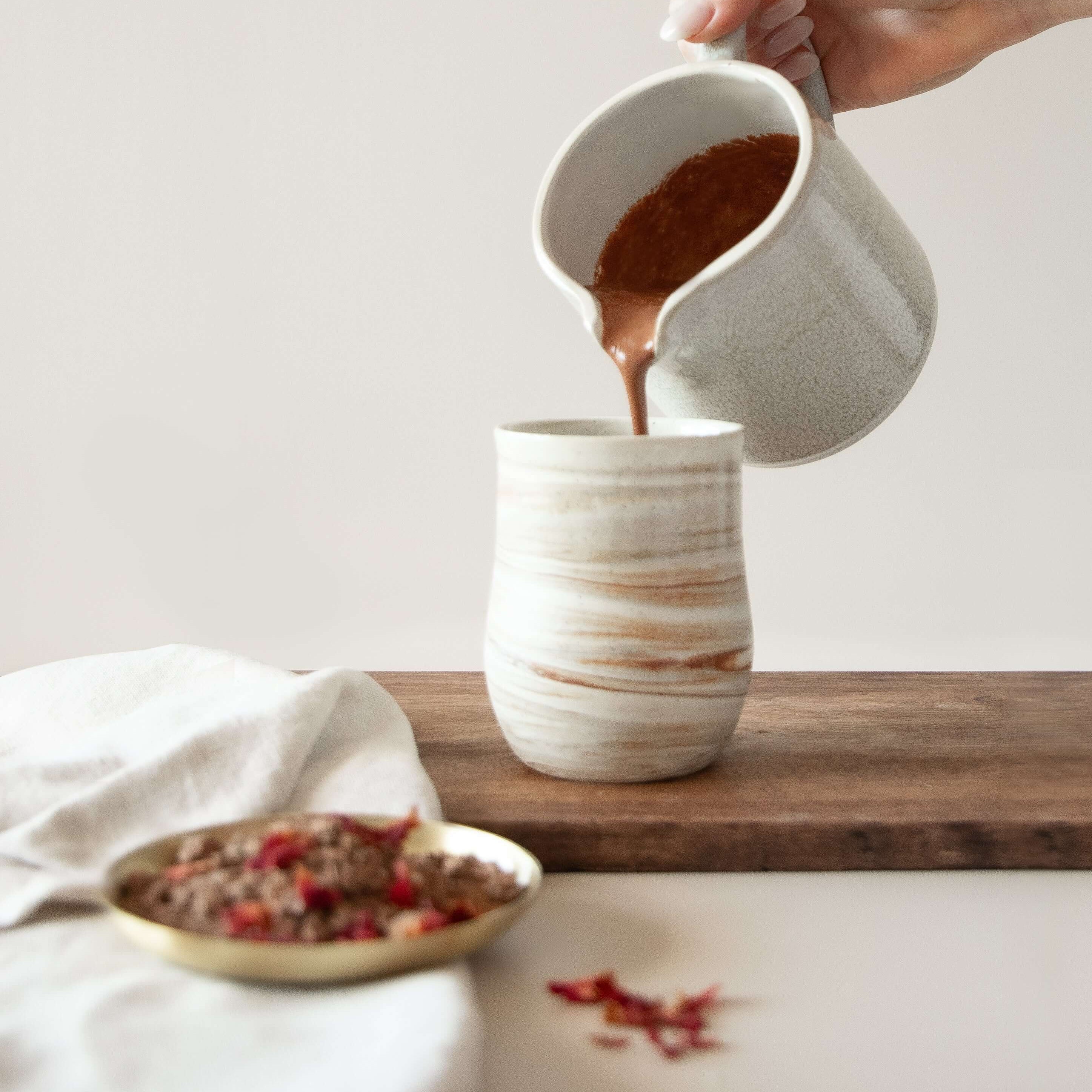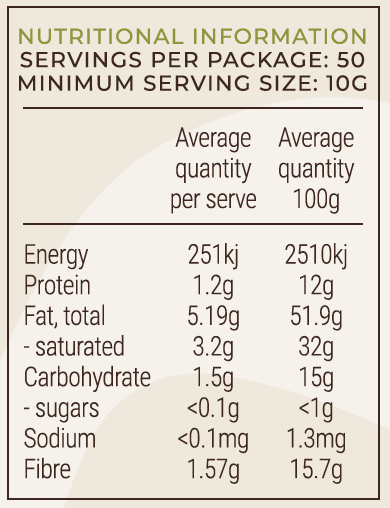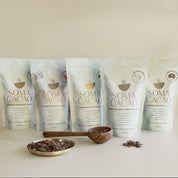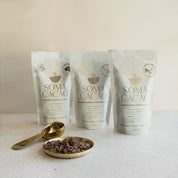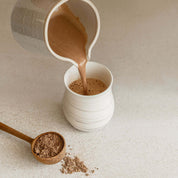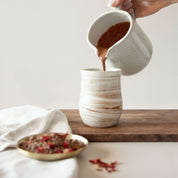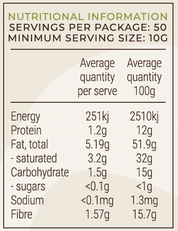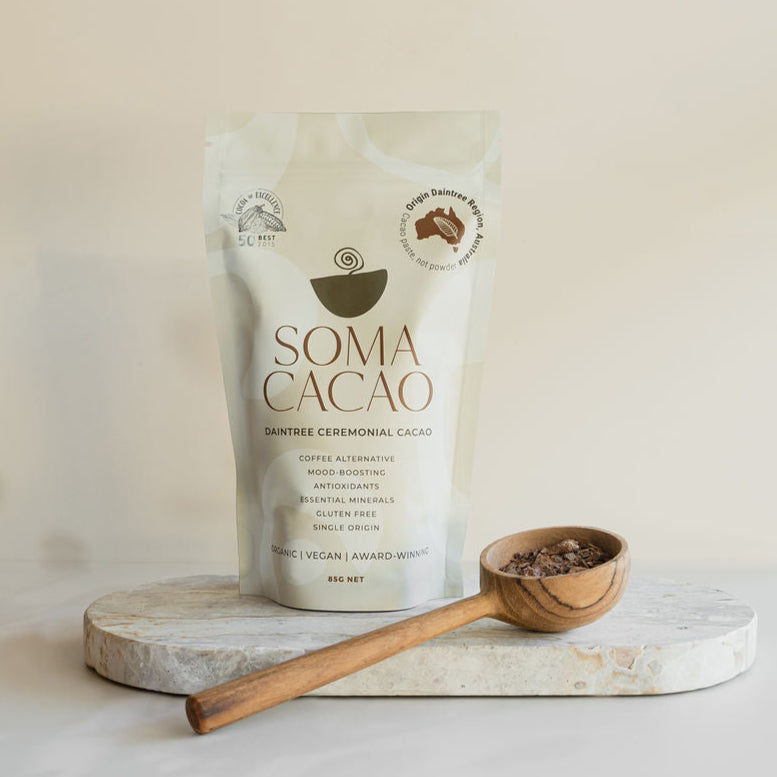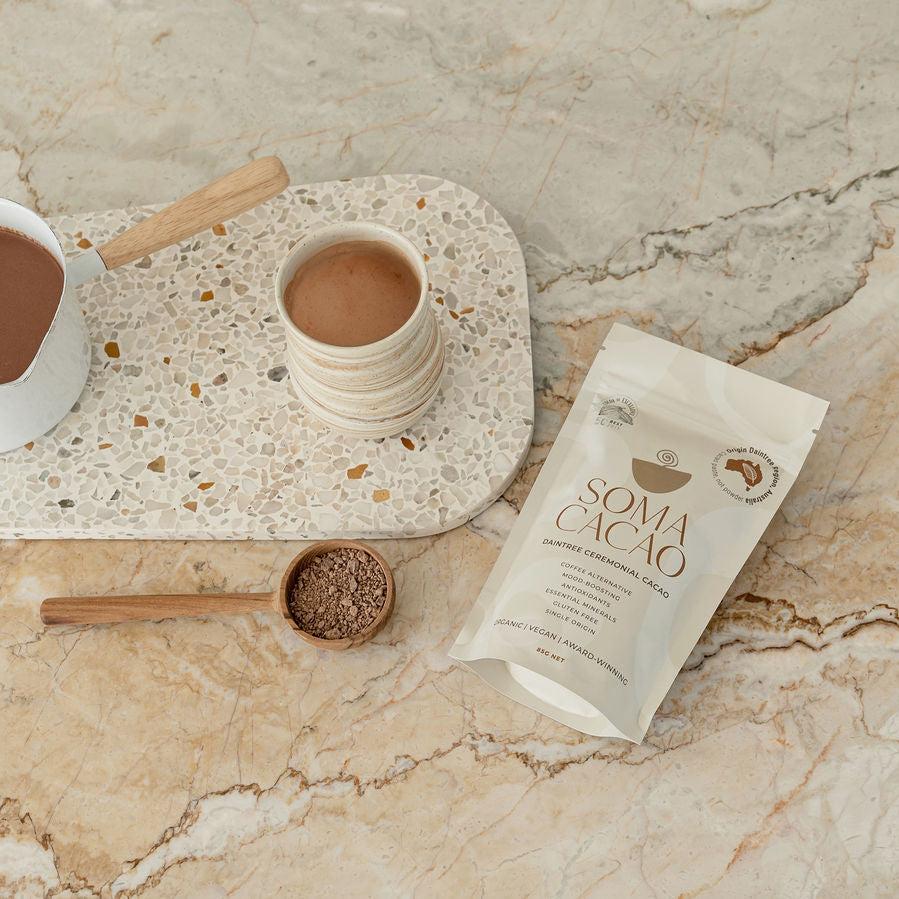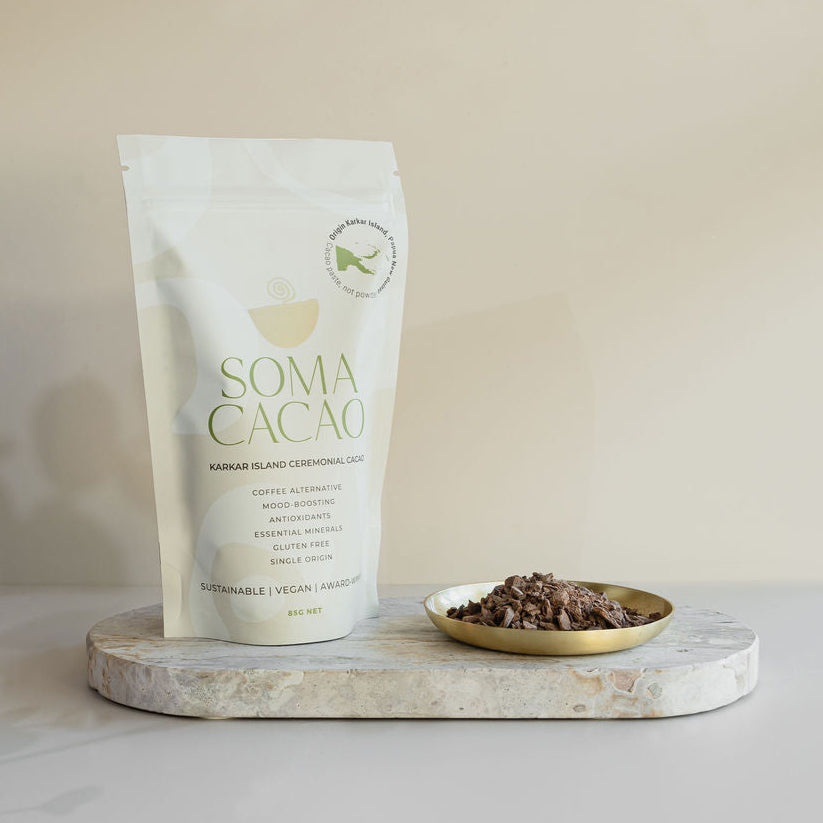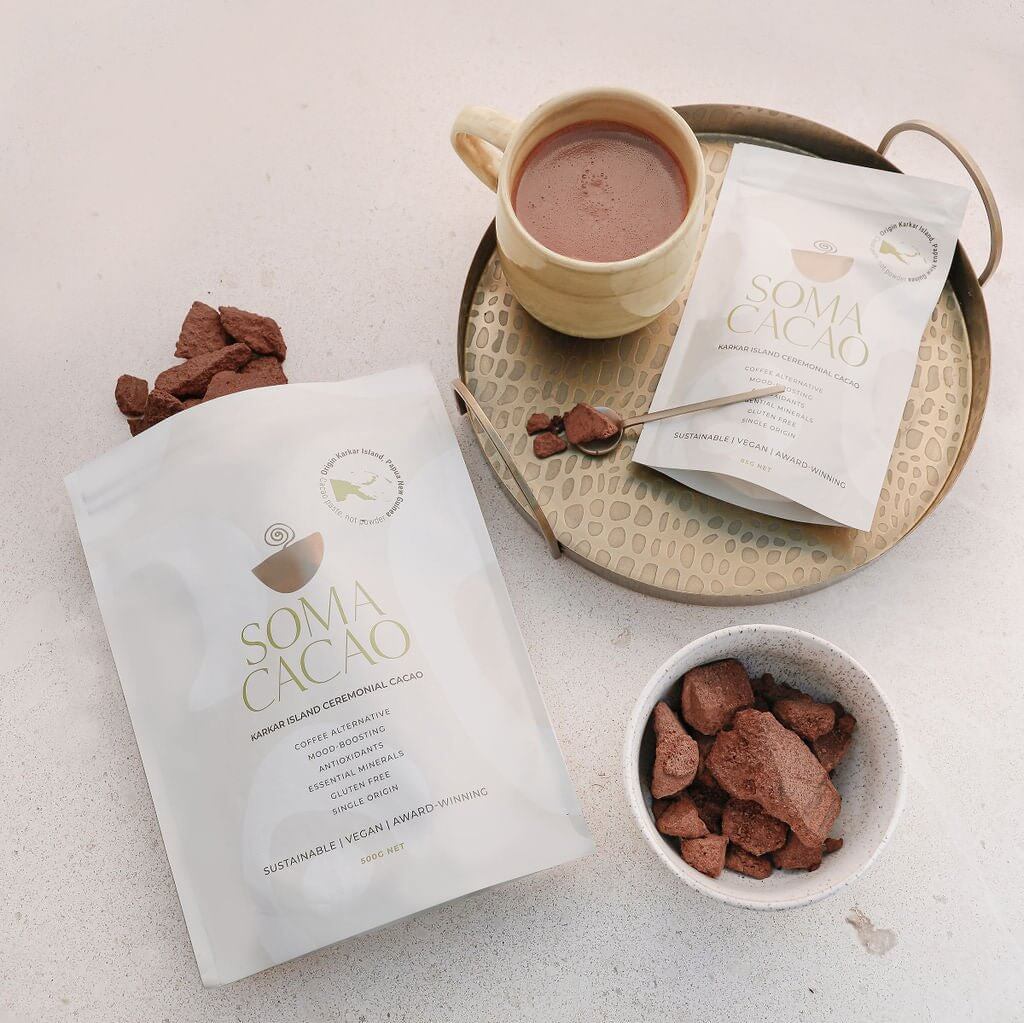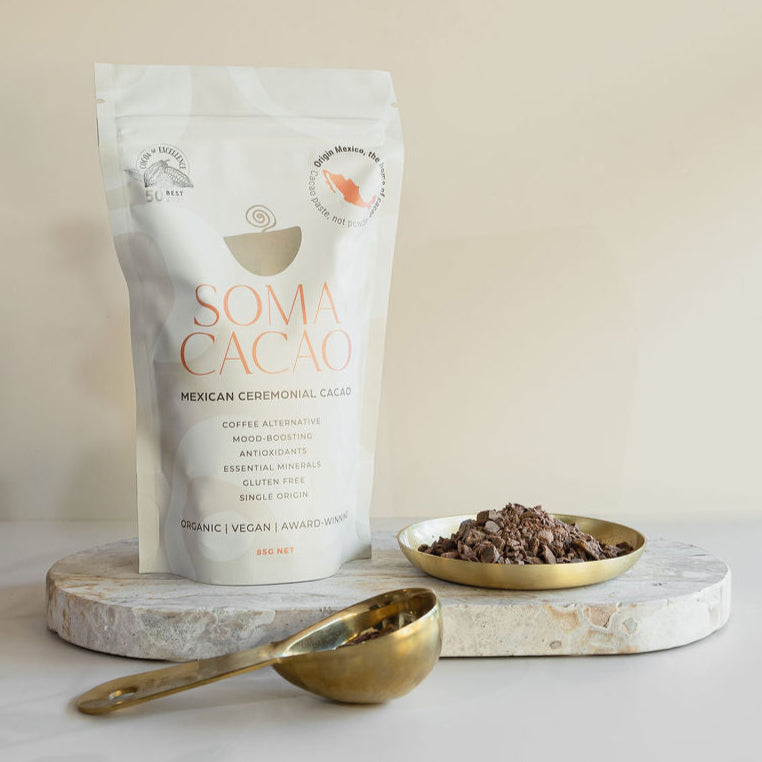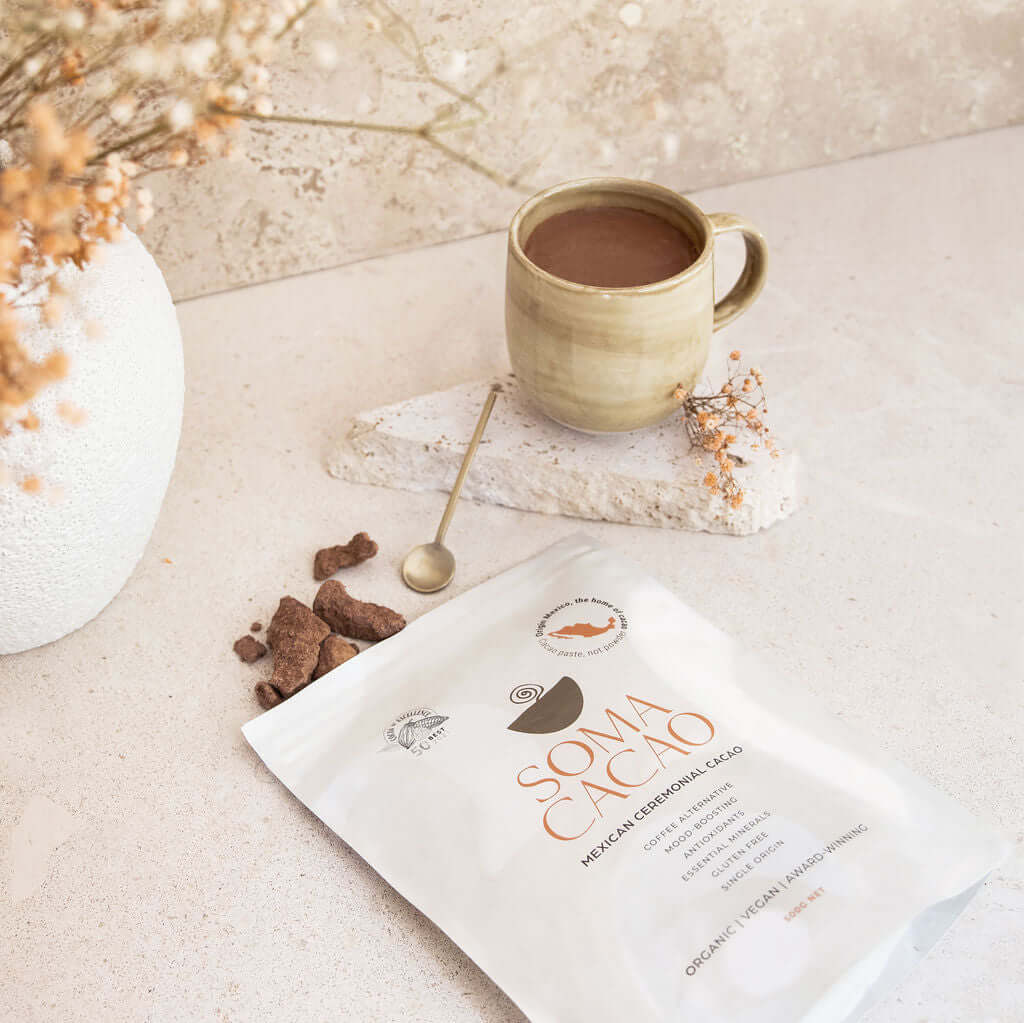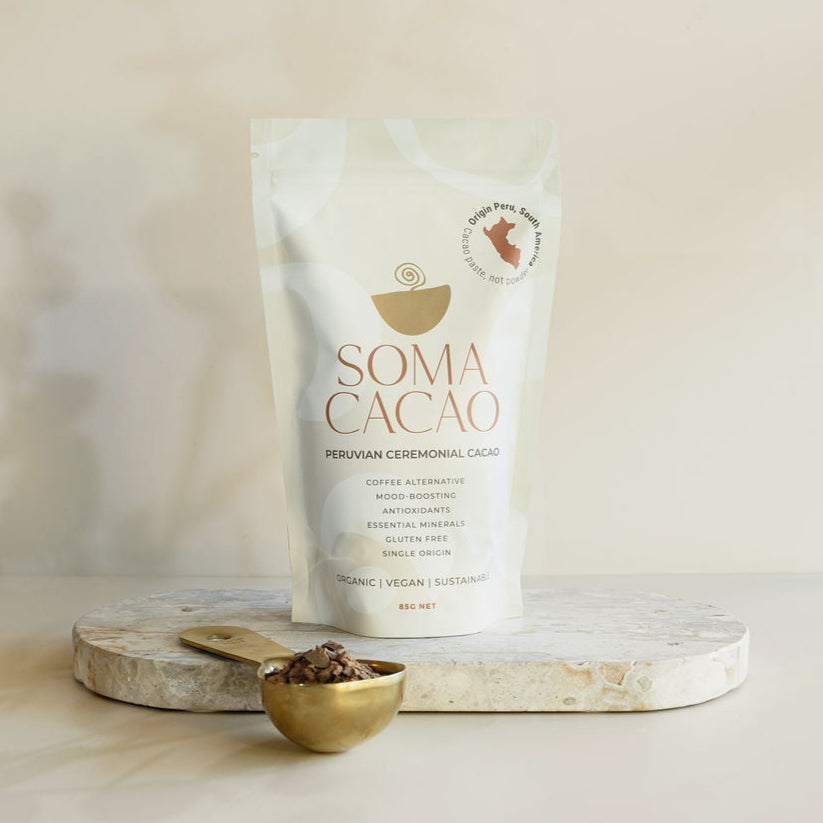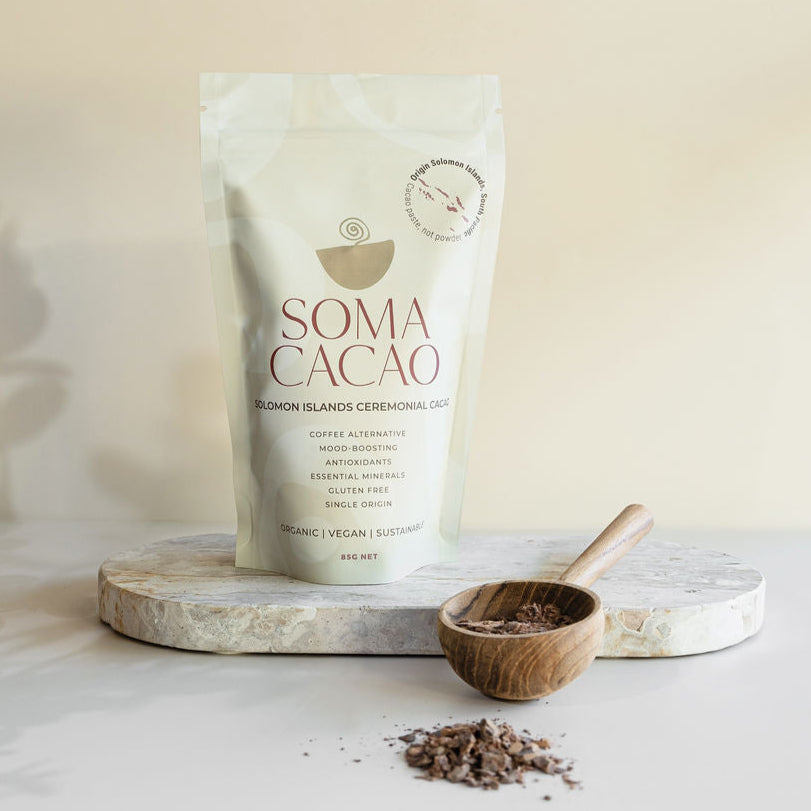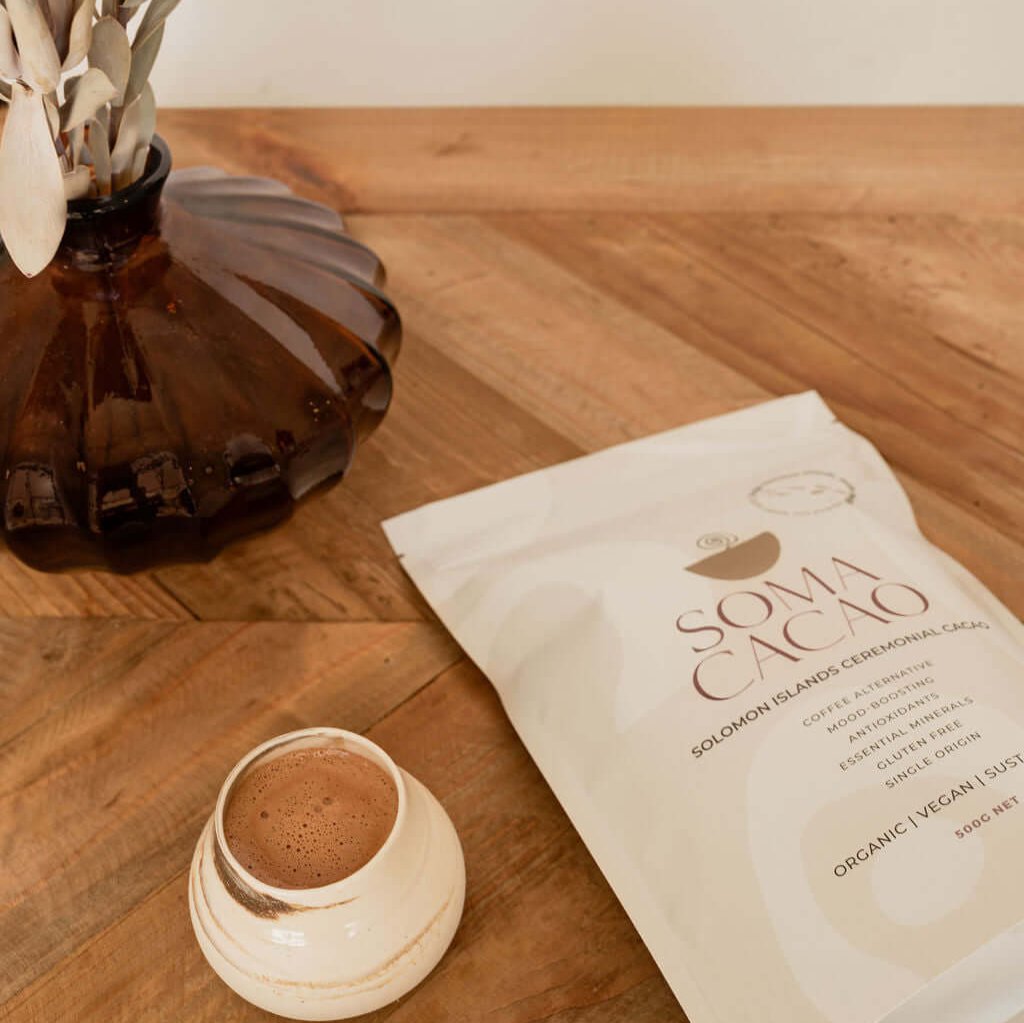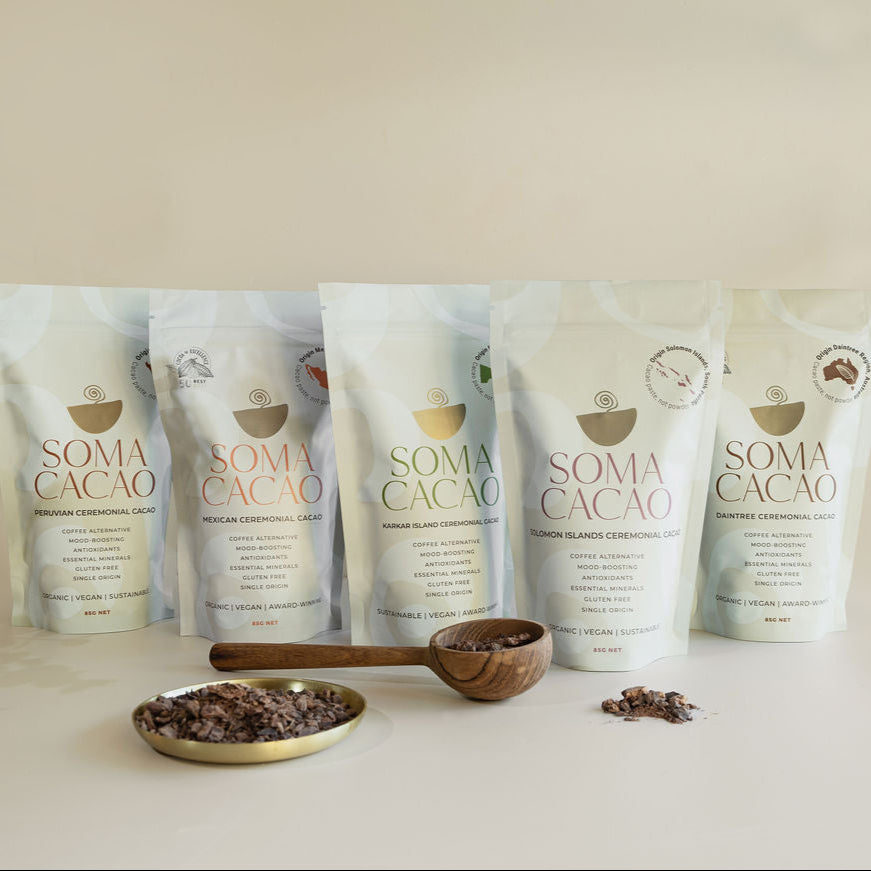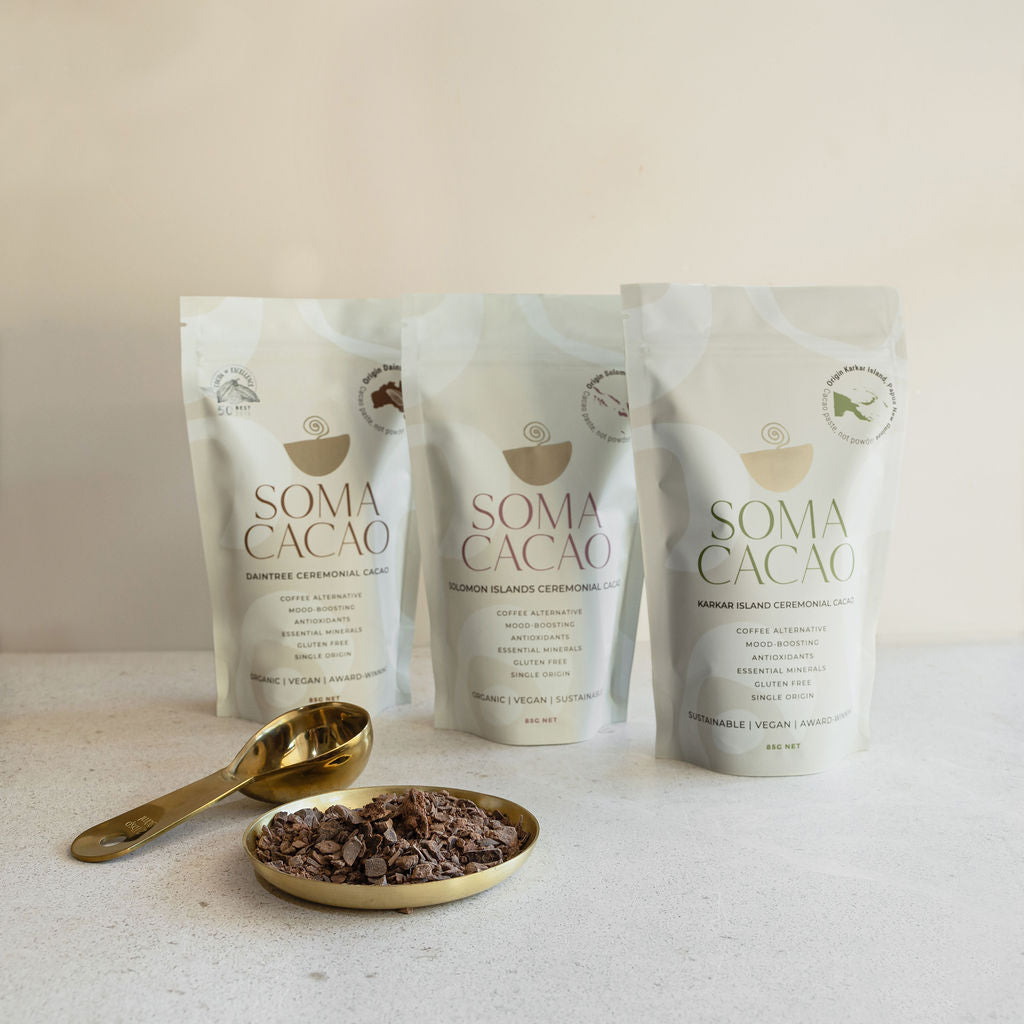What’s all this fuss about “ceremonial cacao”?
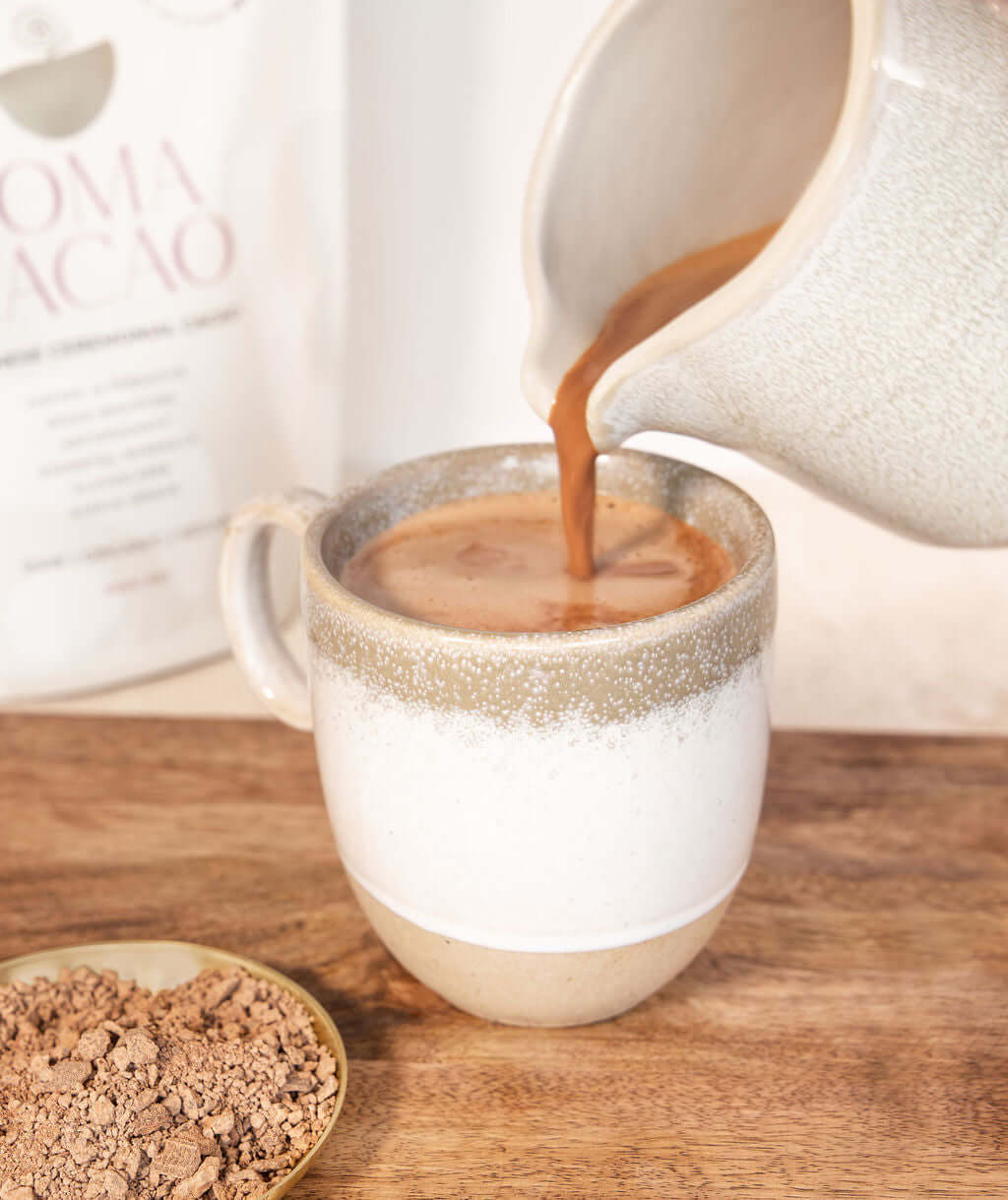
In recent years, so-called "ceremonial cacao' has been gaining popularity across the globe, and this trend is just starting to make its way to Australia. But what is all the excitement really about? Why are people calling cacao “the food of the gods,” and what sets it apart from the cacao powder or processed chocolate we’re more familiar with?
While cacao has a long history of ritualistic, medicinal, and celebratory use in ancient Mesoamerican cultures, modern science is now shedding light on the incredible health benefits that have long been attributed to it. However, it’s important to clarify that ceremonial cacao isn’t the same as cacao powder. Cacao powder, while undeniably nutritious, has been stripped of cacao butter, the rich fat that carries many of cacao’s bioactive compounds. Similarly, processed chocolate has undergone significant refinement, which diminishes its beneficial properties.
What Makes Ceremonial Cacao So Special?
Let’s dive into what makes ceremonial cacao stand out from the rest, and why it has become such a hot topic in wellness circles.
1. Packed with Antioxidants
Ceremonial cacao is rich in antioxidants—40 times more than blueberries by weight! Antioxidants are compounds that help to protect our cells from damage caused by free radicals, which in turn boosts our immune system, protects against heart disease, and aids in disease prevention. They also play a role in improving gut health by increasing the population of beneficial gut microbes.
A study published in The Journal of Agricultural and Food Chemistry found that cacao beans are one of the most potent sources of flavonoids, a class of antioxidants that have been shown to reduce inflammation and improve vascular health . This makes ceremonial cacao a powerful ally in maintaining heart health, especially when consumed regularly.
2. Mood-Boosting Compounds
Ceremonial cacao is known for its ability to enhance mood, thanks to its impressive array of natural compounds that influence brain chemistry. These include:
- Dopamine – Known as the "feel-good" chemical, dopamine promotes a sense of pleasure and motivation.
- Serotonin – Often called the "happy hormone," serotonin plays a key role in regulating mood and combating depression.
- Anandamide – Dubbed the "bliss molecule," this compound interacts with the brain’s cannabinoid receptors, creating feelings of euphoria.
- Phenylethylamine (PEA) – Known as the "love drug," PEA promotes a sense of well-being, often associated with the feeling of being in love.
Several studies have explored the connection between cacao consumption and the production of these neurotransmitters. For example, a study in Nutrients highlighted the role of cacao’s flavonoids in improving cognitive function and boosting mood by increasing cerebral blood flow and supporting the production of serotonin . This explains why ceremonial cacao is so often associated with feelings of relaxation, bliss, and well-being during rituals and ceremonies.
3. High in Magnesium and Iron
Cacao is one of the highest plant-based sources of magnesium and iron, both of which are critical for maintaining overall health. Magnesium is essential for over 300 biochemical reactions in the body, including nerve function, muscle relaxation, and anxiety reduction. Many Western diets are chronically deficient in magnesium, making ceremonial cacao an excellent, natural way to support mental and physical relaxation.
Iron is another essential nutrient, vital for producing hemoglobin, which helps transport oxygen throughout the body. Cacao provides a plant-based source of iron, making it especially beneficial for those on a plant-based or vegan diet.
A study published in Magnesium Research emphasized the importance of magnesium in reducing anxiety levels and supporting cardiovascular health , while cacao’s iron content is especially helpful in preventing anemia and promoting energy production.
4. More Calcium Than Cow’s Milk
Surprisingly, ceremonial cacao contains more calcium per gram than cow’s milk. Calcium is vital for strong bones, muscle function, and maintaining a healthy nervous system. Given that many people are opting for plant-based alternatives to dairy, ceremonial cacao is a great source of calcium for those who are dairy-free or lactose intolerant.
5. Theobromine: Cacao’s Gentle Stimulant
One of the key compounds in ceremonial cacao is theobromine, a natural stimulant that works differently from caffeine. Unlike caffeine, which acts on the nervous system and can cause jitters, anxiety, and mental agitation, theobromine primarily affects the cardiovascular system. It is a vasodilator, meaning it helps to open up blood vessels, promoting better blood flow, relaxing muscles, and lowering blood pressure.
This is particularly noteworthy for those who experience anxiety from caffeine but still want an energy boost. Theobromine provides a gentle, longer-lasting sense of alertness without the nervous energy that caffeine often induces. Research has shown that theobromine also has mood-enhancing properties, further supporting cacao’s reputation as a heart- and mind-friendly food .
Conclusion
Ceremonial cacao offers a unique blend of health benefits, combining ancient tradition with modern science. From its powerful antioxidant properties to its ability to enhance mood and support heart health, ceremonial cacao truly lives up to its reputation as "the food of the gods." Unlike processed cacao products, ceremonial cacao retains its full spectrum of bioactive compounds, making it a superfood worthy of the recent hype. So, if you’re looking for a natural way to boost your well-being, incorporating ceremonial cacao into your routine might just be the perfect ritual.
References
-
Cooper, K. A., Campos-Giménez, E., Alvarez, D. J., Rytz, A., & Nagy, K. (2007). Rapid Automated Solvent Extraction of Antioxidants from Cocoa and Cocoa Products and Determination by HPLC and Spectrophotometry. Journal of Agricultural and Food Chemistry, 55(16), 6317–6321.
-
Francis, S. T., Head, K., Morris, P. G., & Macdonald, I. A. (2006). The Effect of Flavanol-Rich Cocoa on the fMRI Response to a Cognitive Task in Healthy Young People. Nutrients, 2(10), 1466–1475.
-
Barbagallo, M., & Dominguez, L. J. (2010). Magnesium and Aging. Current Pharmaceutical Design, 16(7), 832–839.
-
Smit, H. J., & Rogers, P. J. (2001). Effects of 'energy' drinks on mood and mental performance: Caffeine and theobromine. Psychopharmacology, 153(4), 476–486.
0 comments
